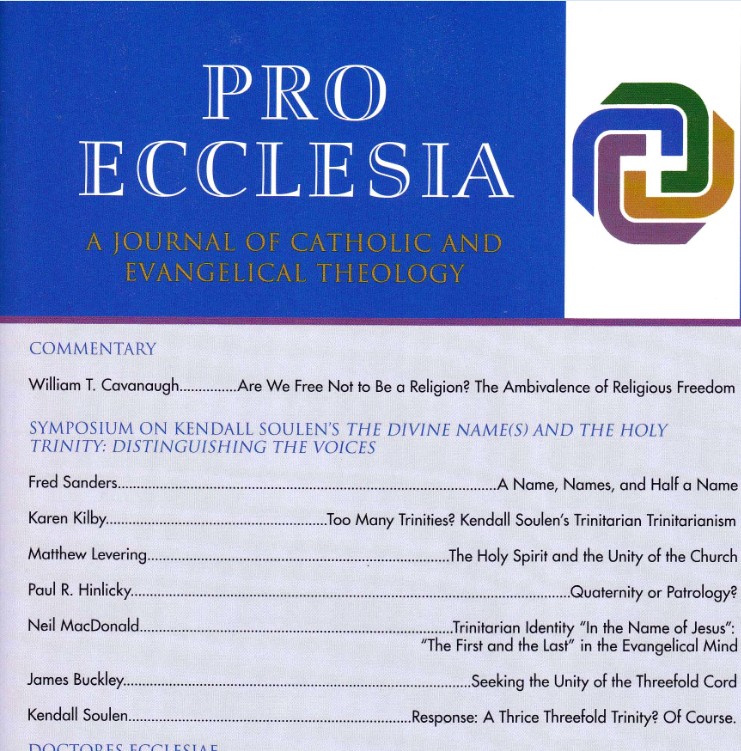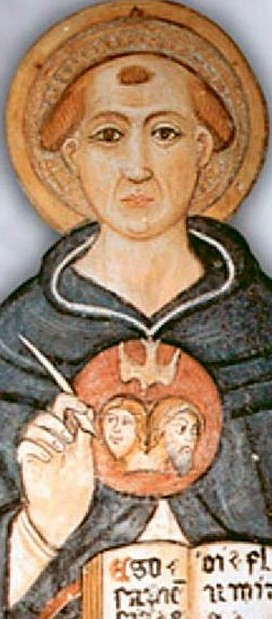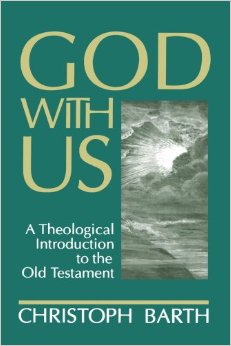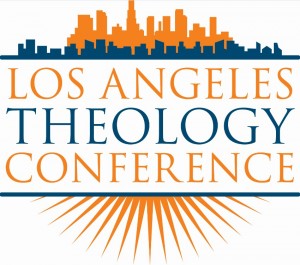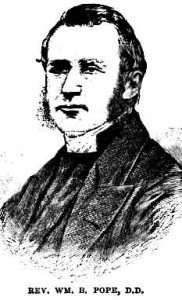The time has come for us to move platforms, which means the time has now arrived for you to update your RSS feeds and email subscriptions accordingly. We are very grateful to our friends here at Patheos for hosting us the past few years. Joining forces was an experiment, one that they made easy to say “yes” to and their kindness and support made difficult to leave. We appreciate everything they are doing here and encourage you to keep up with them.... Read more


